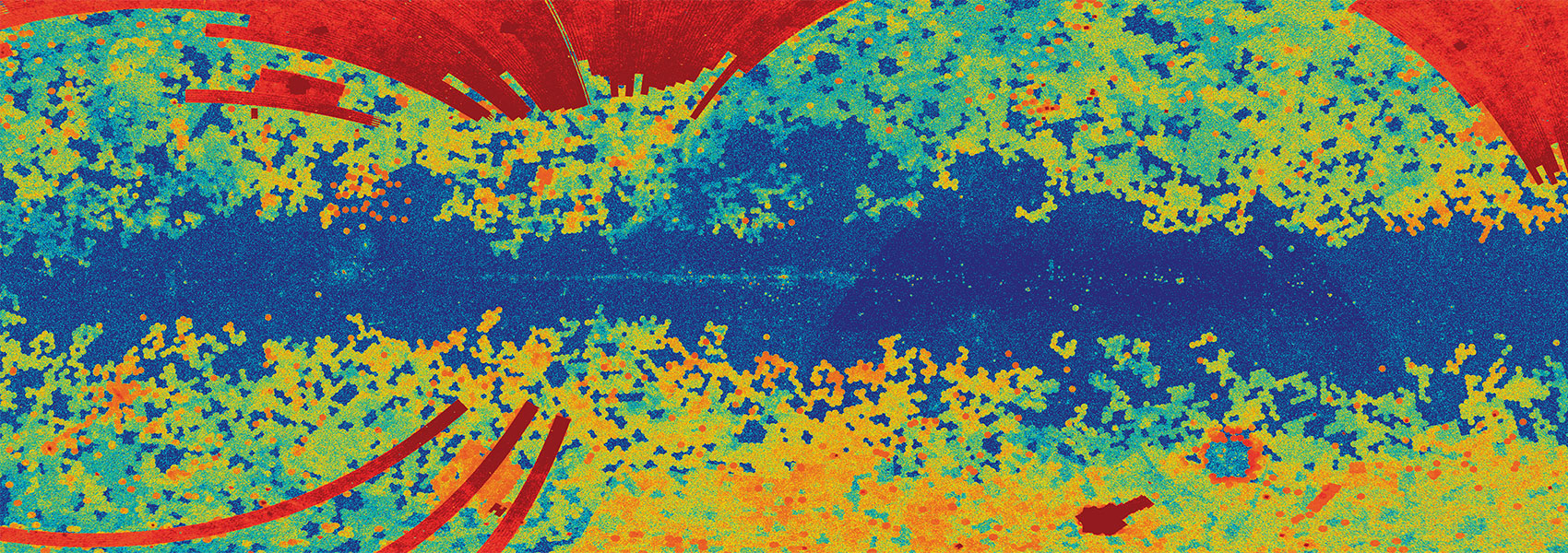
Daniel Masters (JPL/Caltech) -- Maximizing the Information from Deep Imaging Surveys of the 2020s
Large-scale imaging cosmology surveys of the 2020s (LSST/Euclid/WFIRST) will usher in a new era of extragalactic astronomy, with huge discovery potential for both cosmology and galaxy evolution. How do we best interpret the millions to billions of galaxy images these surveys will obtain? All of these surveys will rely on our ability to infer galaxy physical properties (redshift, importantly, but also other galaxy physical parameters) from the information contained in a limited number of broadband images. I will discuss promising approaches we have been developing from the field of non-linear dimensionality reduction (also known as manifold learning) to solve some of the key challenges. I will also give an overview of a large survey, called the “Complete Calibration of the Color-Redshift Relation” (C3R2) survey, that myself and collaborators are conducting with the Keck telescopes, which is based on these techniques, and is designed to solve the redshift measurement problem for Euclid and lay the foundation for the WFIRST. Finally, I will discuss promising avenues of research that we are actively exploring which make use of manifold learning and other machine learning techniques to solve key astrophysics problems that will arise in the coming era of large-scale imaging surveys, as well as pathways to obtaining the deep spectroscopic training samples required to fully exploit these approaches.
- Date: 12:15 PM, October 16th, 2019
- Location: Morrisroe 102 (Large Conference Room)
- Category: Science Talk


